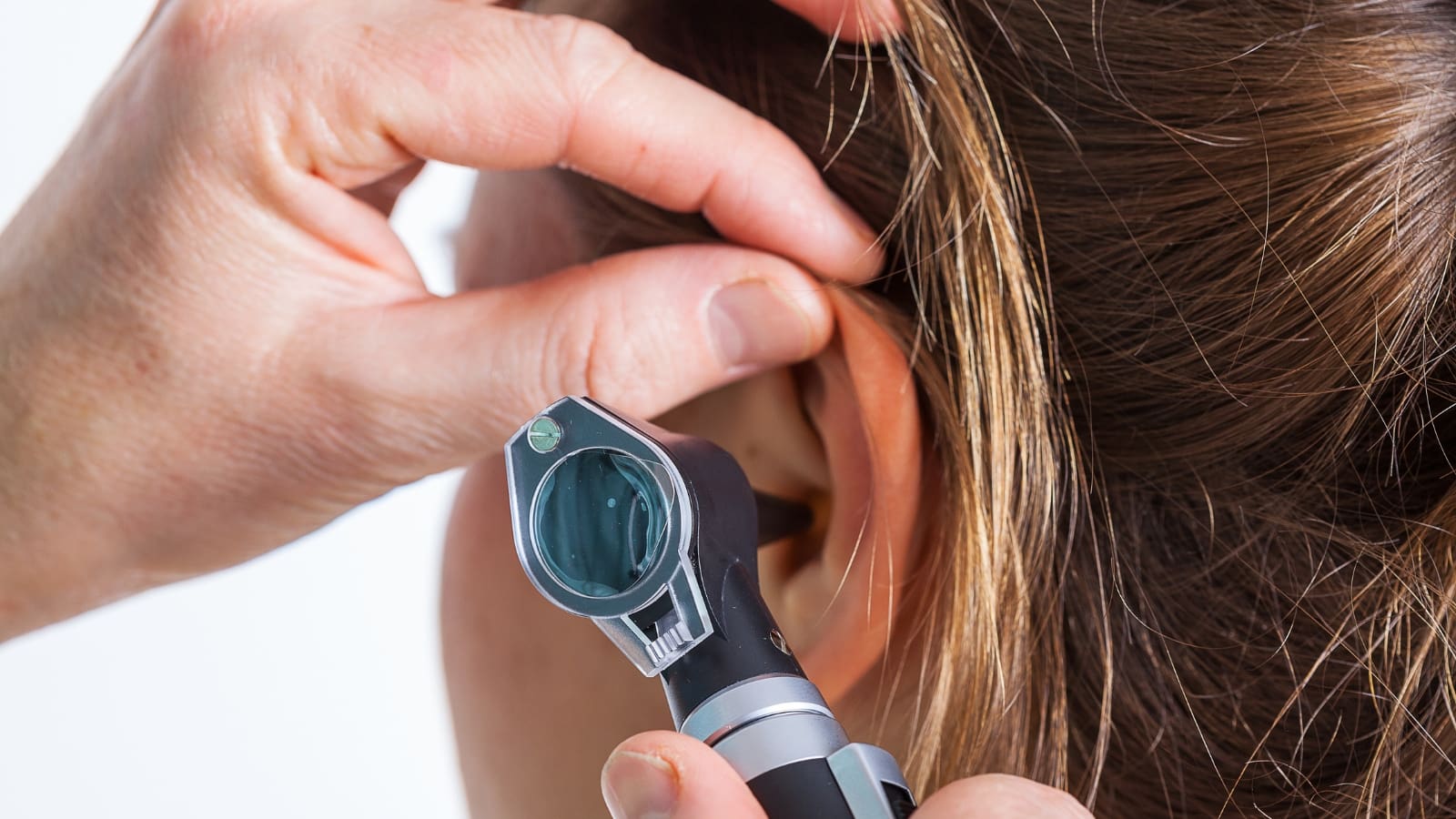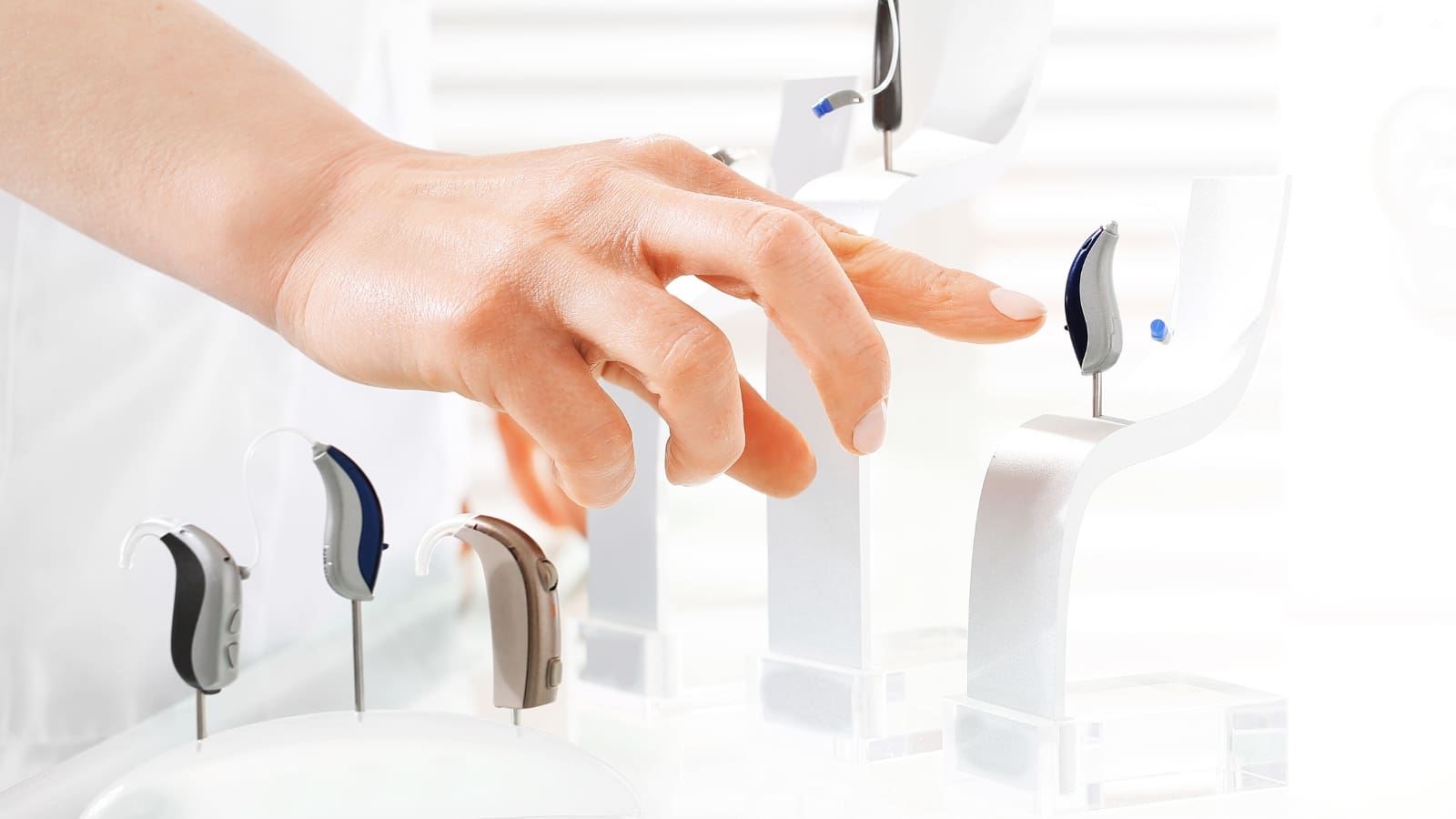Join The Nantwich Clinic Club to keep up to date with news and offers!
Sign Up
In the UK alone, almost 16% of the adult population struggle with some form of hearing loss (either partial or total loss) and this has a severe impact on an individuals quality of life. If you think you may be suffering from hearing loss, it’s important to see an audiologist for a hearing test. A hearing test can help you to determine the severity of your hearing loss and identify the best treatment options that are available to you.
There are a number of different treatment options available for hearing loss. These options include ear wax removal (if the hearing loss is caused by some form of blockage), hearing aids, assistive listening devices, and cochlear implants.
The best treatment option for you will depend on the type of hearing loss you are experiencing, the severity of your hearing loss, your lifestyle, and your budget.
Hearing loss is the partial or complete loss of the ability to hear. It can be caused by a variety of factors, including age, genetics, exposure to loud noise, and certain medical conditions.
Hearing loss can be classified as either conductive or sensorineural. Conductive hearing loss occurs when there is a problem with the outer or middle ear. Sensorineural hearing loss occurs when there is a problem with the inner ear or the auditory nerve.
The most common cause of hearing loss tends to be age, and is something that the majority of us will experience at some point in our lives. This type of hearing loss is caused by the natural deterioration of the inner ear as we age.
Other common causes of hearing loss include:

Depending on the severity of the hearing loss, the symptoms that are present can vary but tend to include:
Hearing loss is diagnosed by an audiologist during an audiology exam. An audiologist is a healthcare professional who specialises in hearing and balance.
During an audiology examination, an audiologist will perform a hearing test to determine the type and severity of your hearing loss to identify the best treatment options for you. A hearing test can be done in a variety of ways, including:

The treatment options for hearing loss will vary depending on the severity of the loss and your lifestyle. The most common treatment options for hearing loss include:
Preventing hearing loss is as simple as taking care of your ears better, but there are a number of different things you can do to help prevent hearing loss. These include avoiding or limiting exposure to loud noises (which can be done by wearing ear protectors if the noise is otherwise unavoidable) and undertaking regular hearing tests so that you can track and manage your hearing ability over time.

If you think you may have hearing loss, it’s important to see an audiologist for a hearing test. Early diagnosis and treatment can help to prevent further hearing loss and improve your quality of life.
Our audiology team will be able to help to diagnose the issue and provide a range of options for you, including our completely free two week hearing aid trials to ensure that the solution we are able to provide is the right solution for you.
Whether it’s a quick question that you need to ask, or you would like to book an appointment with us, we want to hear from you. Simply click the button below to get started or contact us on 01270 627118.